LED light bulbs offer many benefits, including energy efficiency, durability, and cost-effectiveness. However, like all light bulbs, they eventually burn out and must be replaced.
When replacing your LED light bulbs, you may wonder what to do with the old ones. The good news is that LED light bulbs can be recycled, just like other light bulbs. In this comprehensive guide, we’ll discuss everything you need to know about how to recycle LED light bulbs.
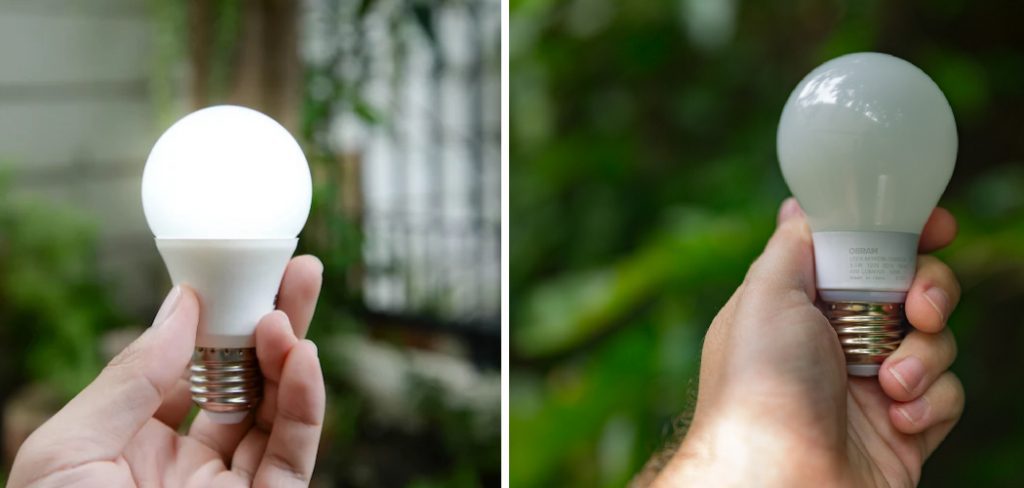
Can You Recycle Led Light Bulbs?
As we all become more environmentally conscious, recycling has become an increasingly important part of our lives. But what about those light bulbs? Can you recycle LED light bulbs? The good news is that LED light bulbs are indeed recyclable. They contain valuable materials such as copper and aluminum that can be reused.
However, it’s important to remember that not all recycling centers accept LED bulbs. Be sure to check with your local recycling center to see if they accept them. Remember, every small step we take to reduce our environmental impact can make a big difference in the long run.
Why Should You Recycle Led Light Bulbs?
Do you want to make a positive impact on the environment? Then it would help if you considered recycling your LED light bulbs. LED bulbs are more energy-efficient and longer-lasting than traditional incandescent bulbs, but they still contain potentially harmful materials like mercury and lead.
By recycling your used LED light bulbs, you can help ensure that these materials are properly disposed of and don’t end up polluting the environment.
Additionally, recycling LED bulbs helps conserve resources by reusing valuable metals and reducing the need for new materials. So next time you need to replace a burnt-out LED bulb, choose to recycle it and do your part to protect our planet.
How to Recycle LED Light Bulbs: A Comprehensive Guide
1. Recycle LED Light Bulbs
Recycling LED light bulbs is simpler than you may think. The first step is to check if your community has a program in place for recycling light bulbs. Many communities have dedicated recycling centers or special collection bins to dispose of light bulbs safely.
Another option is to reach out to your local hardware store and see if they offer recycling services. If you can’t find a local recycling center, you can use an online database to find a mail-back program that accepts light bulbs.
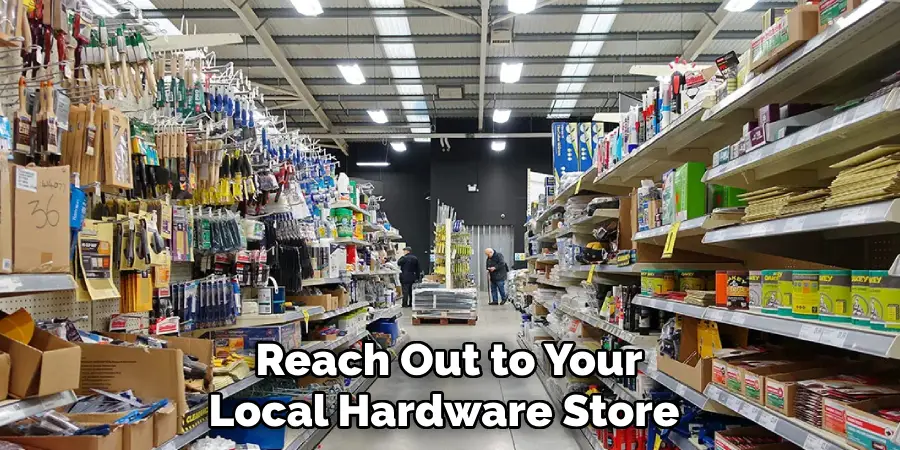
2. Preparing LED Light Bulbs for Recycling
Proper preparation of LED light bulbs is essential to ensure they are recycled correctly. Start by removing the bulb from the fixture carefully. Avoid breaking or shattering the bulb, as it can release hazardous materials. Once it’s removed, wrap the bulb in newspaper or tissue paper to prevent it from breaking. If it’s a light bulb tube, utilize a box that will ensure its safety during transportation.
3. Donating LED Light Bulbs
If your LED light bulbs are still functional, consider donating them to organizations such as Habitat for Humanity or local non-profits. Most of these organizations will gladly accept your functioning bulbs and put them to good use. This option also provides an opportunity for low-income households to access LED light bulbs, which can significantly cut down their electrical bills.
4. Reusing LED Light Bulbs
There are several ways to reuse LED light bulbs around the house. They make unique and fun DIY craft projects like hanging planters and bedside lamps. With a quick search online, you will find many and varied projects that will help your old light bulbs enjoy a ‘second life.’ Apart from their decorative qualities, LED light bulbs can also serve as LED flashlights.
5. Reuse and Recycled Containers
Recycling LED light bulbs don’t have to be stressful. Reusing containers or envelopes already being used is a great way to ensure your bulb will safely make it to the recycling center. Repurpose food jars, cardboard boxes, fabric bags, and plastic envelopes. As long as the bulbs are enclosed securely, you can reuse any container.
6. Proper Disposal
If none of these methods fits your needs, disposing of LED light bulbs is still possible and relatively easy. Make sure to wrap the bulb in newspapers or paper towels before putting it in a sealed plastic bag. Once that’s done, please take it to your nearest landfill. However, check with your local authorities, as some landfills may not be equipped to handle LED light bulbs.
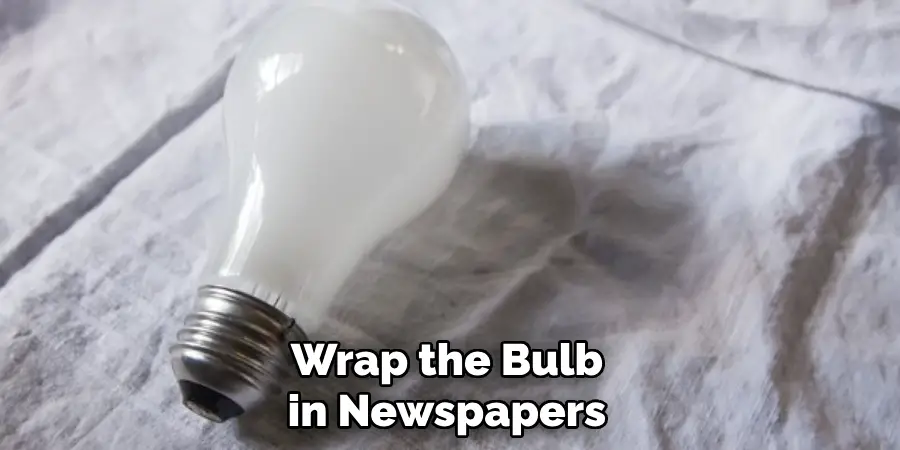
7. Buy Eco-Friendly Bulbs
The best way to help reduce waste is by investing in eco-friendly LED light bulbs and opting for energy efficiency when buying new lights. These bulbs are made of less hazardous materials and usually have a longer lifespan, meaning you won’t have to replace them constantly. Furthermore, eco-friendly light bulbs help reduce the energy used in households.
Recycling LED light bulbs is relatively easy if done correctly. Following these tips will help guide you through the process and ensure that your light bulbs are recycled safely. LED light bulbs represent a great way to save money, energy and help the environment, so make sure you do your part and recycle them when their time has come.
5 Considerations Things When You Need to Recycle Led Light Bulbs
1. Safety
When recycling LED light bulbs, safety should be your priority. LED bulbs contain hazardous materials such as mercury and lead, so handling them with care is important.
Make sure you wear protective gloves and eyewear when handling the bulbs, and always store them in a safe place away from children and pets. Additionally, ensure you dispose of the bulbs properly by taking them to a local recycling center or returning them to the manufacturer for proper disposal.
2. Local Recycling Centers
If you don’t want to return your LED bulbs to the manufacturer for recycling, you can take them to a local recycling center instead. Many cities have dedicated centers that accept old electronics, such as LED light bulbs, for recycling. Before dropping off your bulbs, call ahead to ensure they accept LEDs and find out what other materials they accept for recycling.
3. Reuse
Before recycling your LED light bulbs, consider if there is any way you can reuse them instead. Many people use old LED bulbs for craft projects or decorations around their homes, so if your bulb is still in working order, see if there is something creative you can do with it before disposing of it.
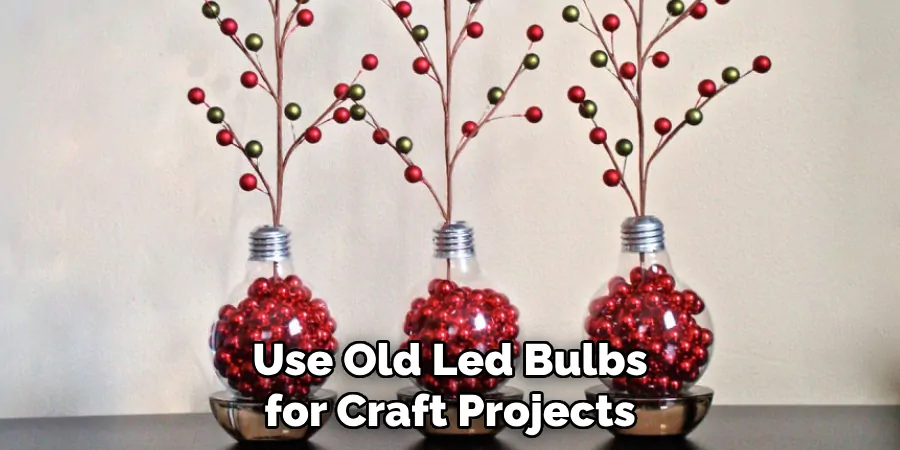
Many organizations accept donations of used electronics for reuse or refurbishment purposes, so check online to see if there are any near you that may be able to use your old bulb.
4. Battery Disposal
LED light bulbs often require batteries to operate correctly, so make sure you dispose of these properly as well when recycling your bulb. Most local waste management centers will accept batteries for safe disposal; however, some may charge a fee for this service, depending on where you live.
Additionally, some stores offer battery collection bins where customers can drop off their used batteries free of charge; check with stores near you to see if they offer this service before disposing of your used batteries elsewhere.
5. Cost Savings
Finally, remember that recycling your LED light bulbs rather than throwing them away or buying new ones can save money in the long run.
Recycling reduces the amount of waste going into landfills each year and helps conserve resources since recycled materials require less energy and fewer raw materials than new products do during production. Additionally, many LED light bulbs have warranties that can save you money on repairs or replacements if something goes wrong.
Recycling your LED light bulbs is a great way to reduce waste and save money, so make sure to consider all of these factors when deciding how to dispose of them. With careful planning and proper handling, you can help ensure that your LED light bulbs are recycled safely and responsibly.
Benefits of Recycle Led Light Bulbs
Recycling led light bulbs is rapidly becoming popular for homeowners and businesses. Not only is it a smart way to conserve resources and reduce energy consumption, but it also helps to reduce your carbon footprint and ultimately protect the environment.
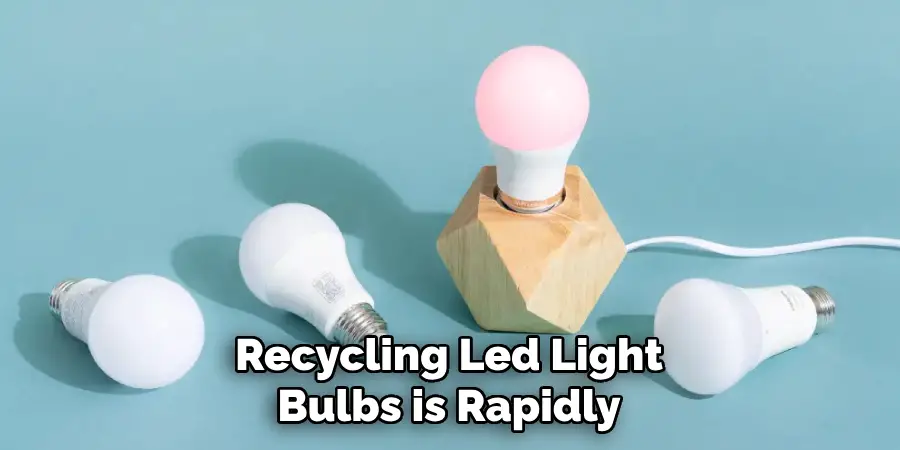
But what exactly are the benefits of recycling led light bulbs? For starters, reducing your energy bills saves you money in the long run. Additionally, it prevents the build-up of toxic chemicals in landfills, which can lead to soil and water pollution. By recycling your led light bulbs, you’re also supporting the development of cleaner and more efficient energy sources – an important step towards a more sustainable future for all of us.
Overall, there are countless reasons why recycling led light bulbs is a smart and responsible choice, so why not give it a try?
Conclusion
Recycling LED light bulbs is a simple and essential way to protect the earth. The steps to follow are quite simple, from locating your local recycling center to preparing the bulb correctly. You may even want to consider donating or reusing functioning LED bulbs.
Regardless of your chosen path, the most important aspect is ensuring proper disposal, reducing our carbon footprint, and inspiring the next generation towards sustainable living. Thanks for reading our post about how to recycle led light bulbs.

